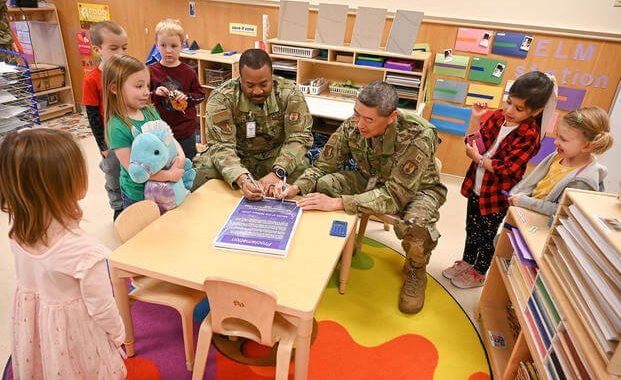US Army, Ethiopian Medical Personnel Strengthen Partnership, Capabilities at MEDREX 19-4
3 min read
ADDIS ABABA, ETHIOPIA
Story by Sgt. Ian Valley
345th Public Affairs Detachment
In a different environment, but with the same general hustle and bustle that is typically expected of such a place, the Armed Forces Hospital in Addis Ababa, Ethiopia, hosted medical personnel assigned to the U.S. Army 212th Combat Support Hospital (CSH), 30th Medical Brigade, who are participating in bi-lateral training with the resident medical staff during Medical Readiness Exercise 19-4, July 8-25, 2019.
The Armed Forces Hospital is one of the busiest hospitals in the capital and employs Ethiopian National Defense Force and civilian doctors, surgeons and nurses.
The 212th CSH medical staff worked alongside their Ethiopian counterparts to not only share ideas and procedures, but also to strengthen the U.S.-Ethiopia partnership and to enhance Ethiopian medical capabilities.
“The differences between the medical teams provides for an interesting classroom. Our background and education is a little different than theirs, and the cases we see are different from the cases they see. I can bring experiences I’ve had in my clinic to show them and they can show me theirs” said U.S. Army Maj. Majd S. Haddad, an oral and maxillofacial surgeon assigned to the 212th CSH, who has been working alongside the hospital’s dental staff.
“For example, the availability of resources is an issue the hospital staff deals with on a daily basis and has forced them to be creative. The Ethiopian (doctors) are very proficient with what they have. Likewise, sometimes, being in the field, we may have to operate with limited resources and we may have to think outside of the box. U.S. Army medical personnel when deployed, have to be innovative such as watering down bleach to use as hand sanitizer,” he said.
ENDF Col. Fishea Tikue, the health promotion, disease prevention and physiotherapy team leader, agrees that the exchange of medical knowledge and best practices benefits both American and Ethiopian medical personnel.
“This is a shared experience,” Tikue said. “In America, they do not have malaria or cholera. That is why this is important for both the Ethiopian and American doctors.”
Diseases such as malaria and cholera are rare in the U.S., but may be seen in a deployed environment for the U.S. Army medical team.
He also identified ways the Ethiopian medical staff can benefit from the training.
“There is a gap in the training (for the Ethiopian medical staff),” he said. “We need more support, whether it’s technical or supplies,” an element the visiting team was able to provide.
He also said having the U.S. Army medical team has allowed the facility’s staff to update their procedures and learn new ways of doing things.
While the doctors, surgeons and nurses all come from different backgrounds, proper medical care is a common language they all speak and has allowed them to form bonds between those charged with the providing health care services to the world.
“As we build relationships with Ethiopian medical personnel, we hope they learn from us as much as we learn from them,” Haddad said.





